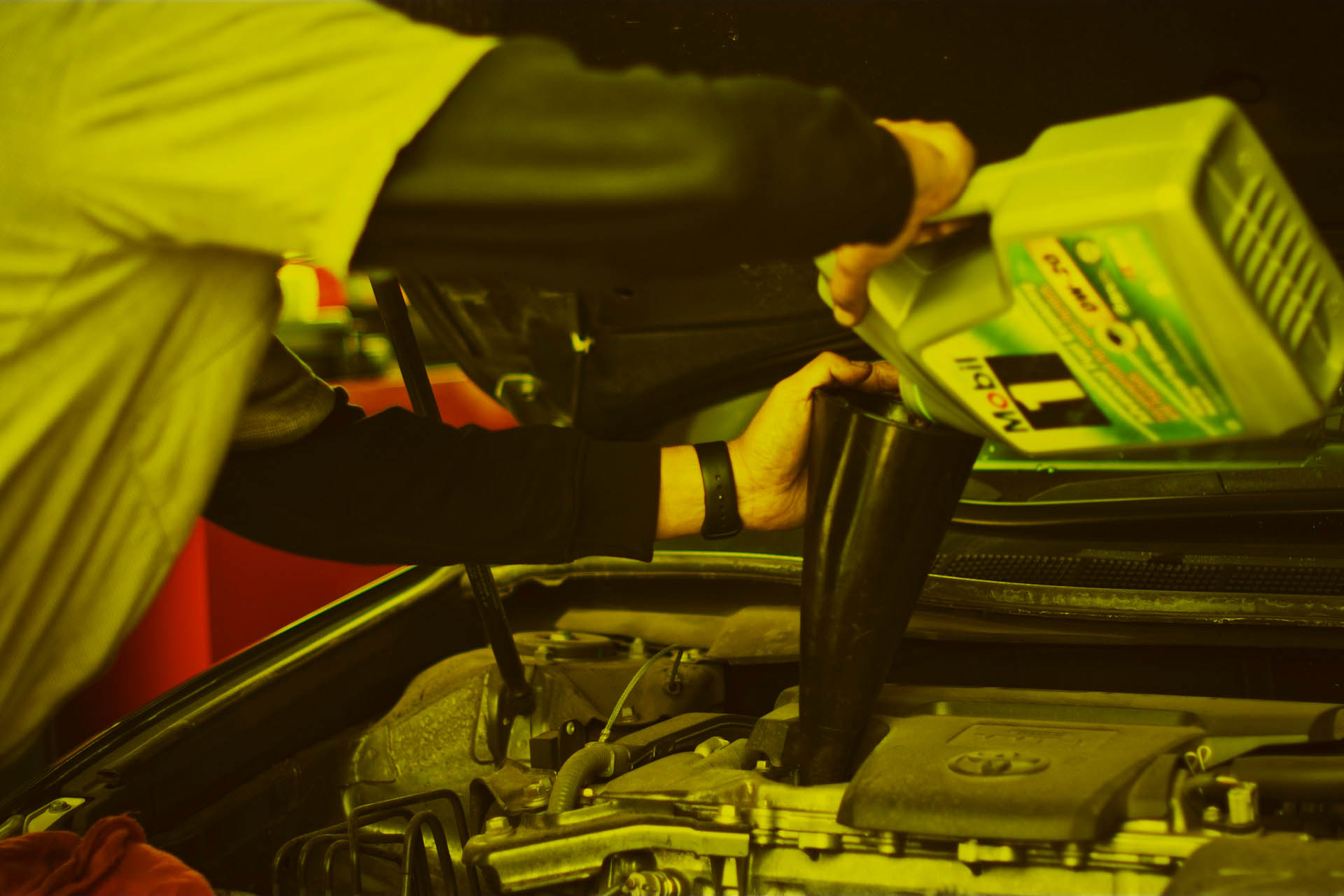Blog
Maintenance Checklist: 20 Tips for Taking Care of Your Car

The importance of regular car maintenance cannot be overstated. It extends the life of your car, and it enhances your vehicle’s performance and reliability. A well-maintained car usually is more fuel-efficient, which saves money on fuel.
Regular vehicle maintenance also helps make sure safety features like brakes and lights continue to properly function, thereby boosting safety and reducing the risk of accidents.
A well-maintained car in good condition also retains its value, which comes in handy when you decide to sell or trade the vehicle. Ultimately, proper car care results in a more dependable and economical driving experience.
Keep reading for our checklist of 20 maintenance tips for caring for your car.
1. Regular Oil Changes
Regular oil changes – conducted every 3,000 to 5,000 miles – are paramount for proper car maintenance. When changing the oil, make sure you use the right type for your car. In between oil changes, check your oil levels every month to look for signs of possible leaks.
2. Check Tire Pressure
By checking your tire pressure monthly, you are alerted to possible damage or leaks, and you can make necessary adjustments. Make sure you use a reliable tire gauge, and you follow the manufacturer’s recommended pressure for your tires.
3. Rotate Tires
Regardless of the monthly pressure, you should rotate your tires every 6,000 to 8,000 miles. When doing so, check for uneven wear. Also make sure you align your tires annually.
4. Inspect Tire Tread
Inspecting the tread of your tires can indicate possible alignment or structural issues with your car. Use the penny test to determine tread depth. If tires have less than 2/32 inches of tread, it’s time to replace them.
5. Check Brake Pads and Rotors
Proper car maintenance includes inspecting brake pads and rotors every 12,000 miles. When checking this equipment, listen for squeaking and grinding noise. Replace any brake pads that are less than 1/4 inch thick.
6. Check Brake Fluid
To maintain your vehicle, check your brake fluid levels every month. When doing so, look for signs of leaks. Regardless of the fluid levels, replace the fluid every 2 years.
7. Check Battery Terminals
It’s important to regularly check your car battery terminals for corrosion. If any signs are apparent, clean the terminals with a baking soda solution. While you’re at it, make sure you have a tight connection at the terminals.
8. Test Battery Voltage
Every 6 months is time to test your battery voltage to ensure it remains in peak performance. Regardless how it tests, make sure you replace your car battery every 3 to 5 years.
9. Check Coolant Levels
Check your coolant levels monthly for proper car maintenance. If low, top them off with a mixture of half coolant and half water. Every 2 years it’s time to flush the entire system.
10. Check Transmission Fluid
Another aspect of proper car maintenance is checking the transmission fluid. Like other fluids, it should be checked monthly. Be sure you follow the manufacturer’s guidelines for replacement.
11. Check Power Steering Fluid
Another fluid to check each month is the power steering fluid. Monitor its levels for signs of possible leaks, and refill the fluid as needed.
12. Check Air Filter
To ensure your car runs in peak condition, check the air filter every 12,000 miles. If it becomes dirty or clogged, replace it. Doing so improves both fuel efficiency and engine performance.
13. Inspect Lights
To make sure you aren’t caught in the dark, make sure you check your headlights, brake lights and turn signals every month. Promptly replace any burned-out bulbs and clean the light covers to ensure adequate brightness.
14. Inspect Windshield Wipers
The last thing you want is to be caught in a rain storm with defective windshield wipers. To avoid such a predicament, inspect your wipers every six months. Meanwhile, replace them if you see them start streaking or skipping. Ensure proper visibility by using wiper fluid to clean your windshield – and making sure that fluid is topped off, too.
15. Inspect Belts and Hoses
Inspect your belts and hoses for cracks or other signs of wear every 6 months. Replace as needed to prevent leaks, at a minimum of every 60,000 miles.
16. Clean Interior
Maintaining the interior of your vehicle will help protect its value. Regularly vacuum the inside of your car to keep the carpets in good condition. Spray a protectant on the dashboard and seats, and make sure you remove trash and clutter to promote safety
17. Clean Exterior
Protecting the integrity of your car’s exterior also helps maintain its value. Be sure to wash your car monthly, waxing it every 6 months to protect the paint. Regularly cleaning the undercarriage helps prevent rust.
18. Check Cabin Air Filter
Your car likely has a second air filter, located in the cabin. Check and replace the cabin air filter annually or every 15,000 miles, whoever comes first. Replacing it as needed will improve the air quality inside the car.
19. Inspect Exhaust System
Inspecting the exhaust system is another vital element of car maintenance. Periodically check for leaks or damage, and listen for unusual noises. If you notice any worn parts, promptly replace them.
20. Monitor Dashboard Warning Lights
Your dashboard warning lights are there for a reason, so it’s important you don’t ignore their signals. Pay attention to your warning lights and address any issues promptly. Your owner’s manual will offer guidance on what each light means and what steps you should take to address the issue.
The proper tools are integral to effective car maintenance. ROGO Fastener Co. provides products and solutions for the automotive industry including body shops, repair shops, and automotive dealerships.
